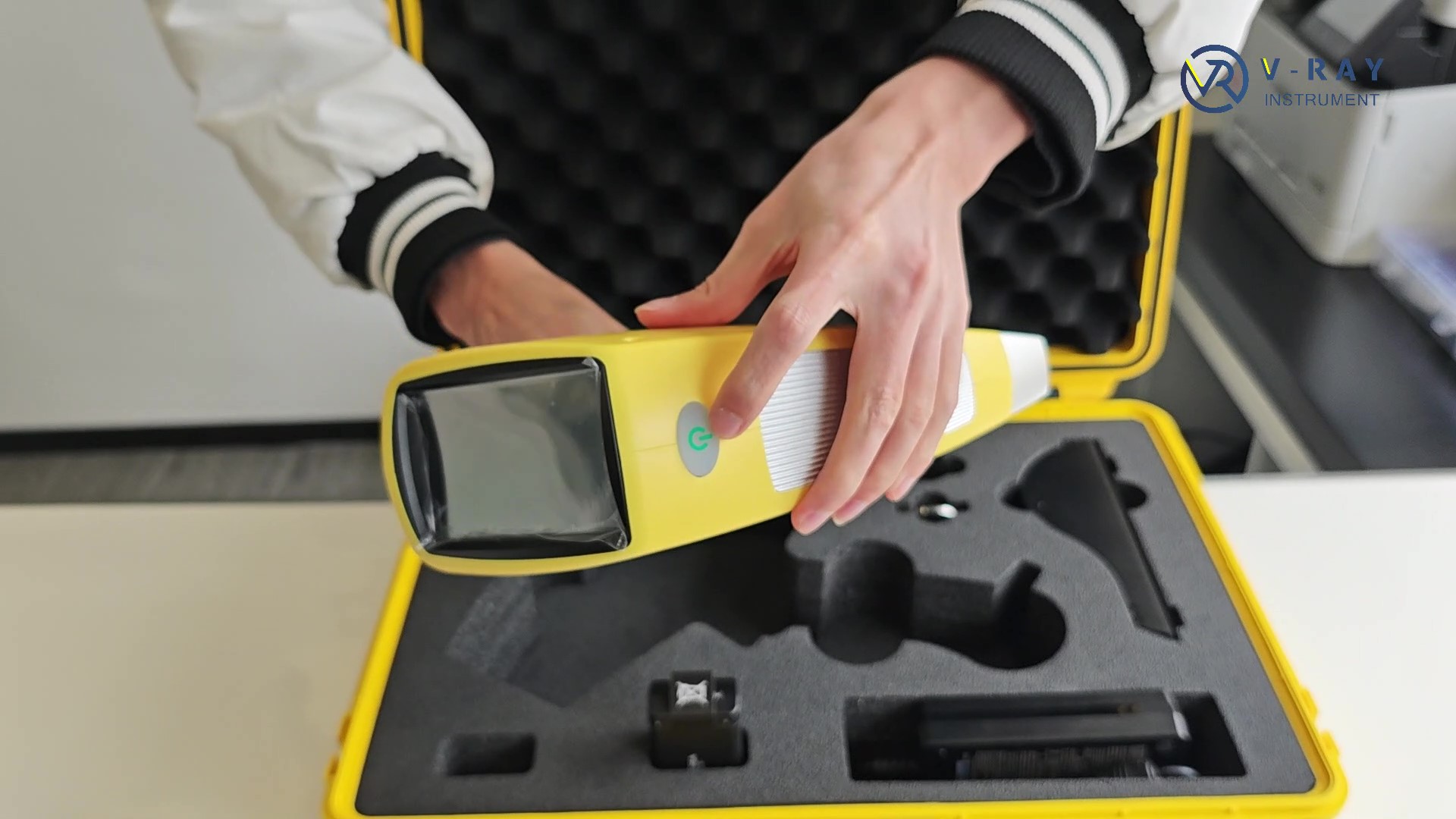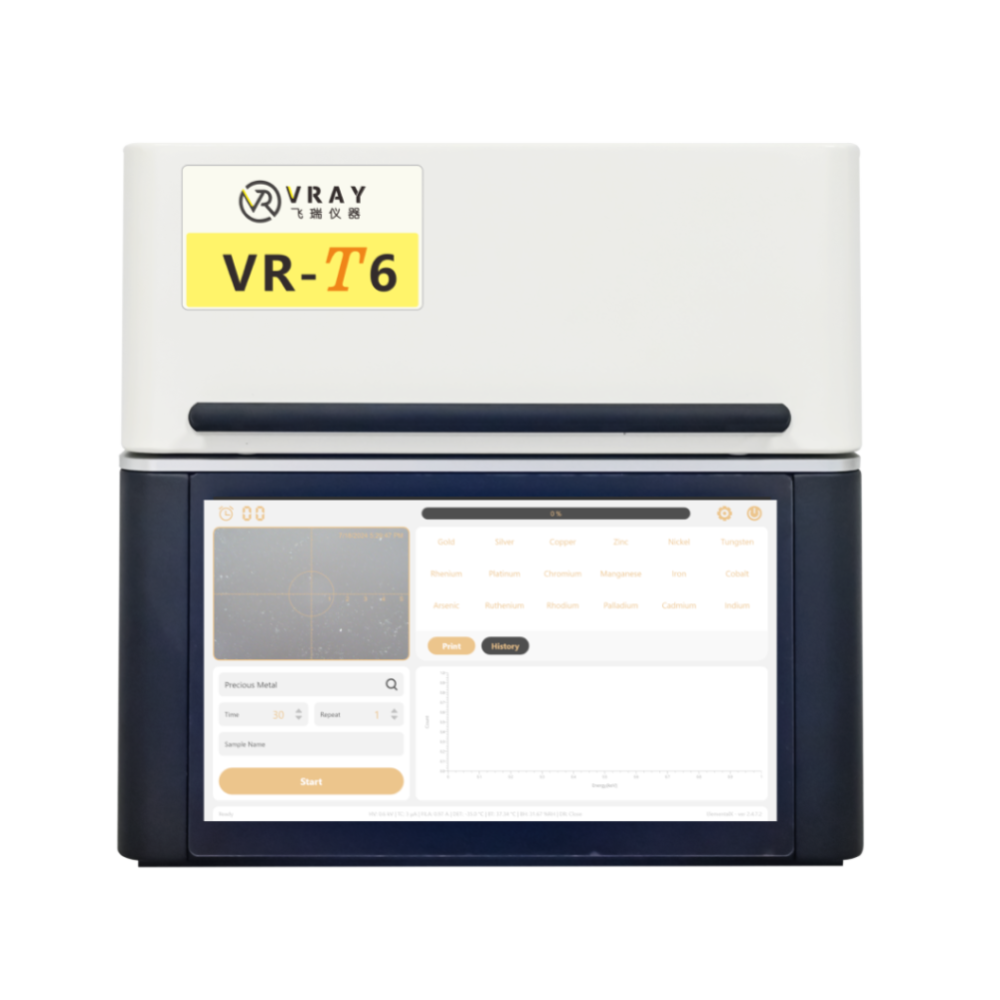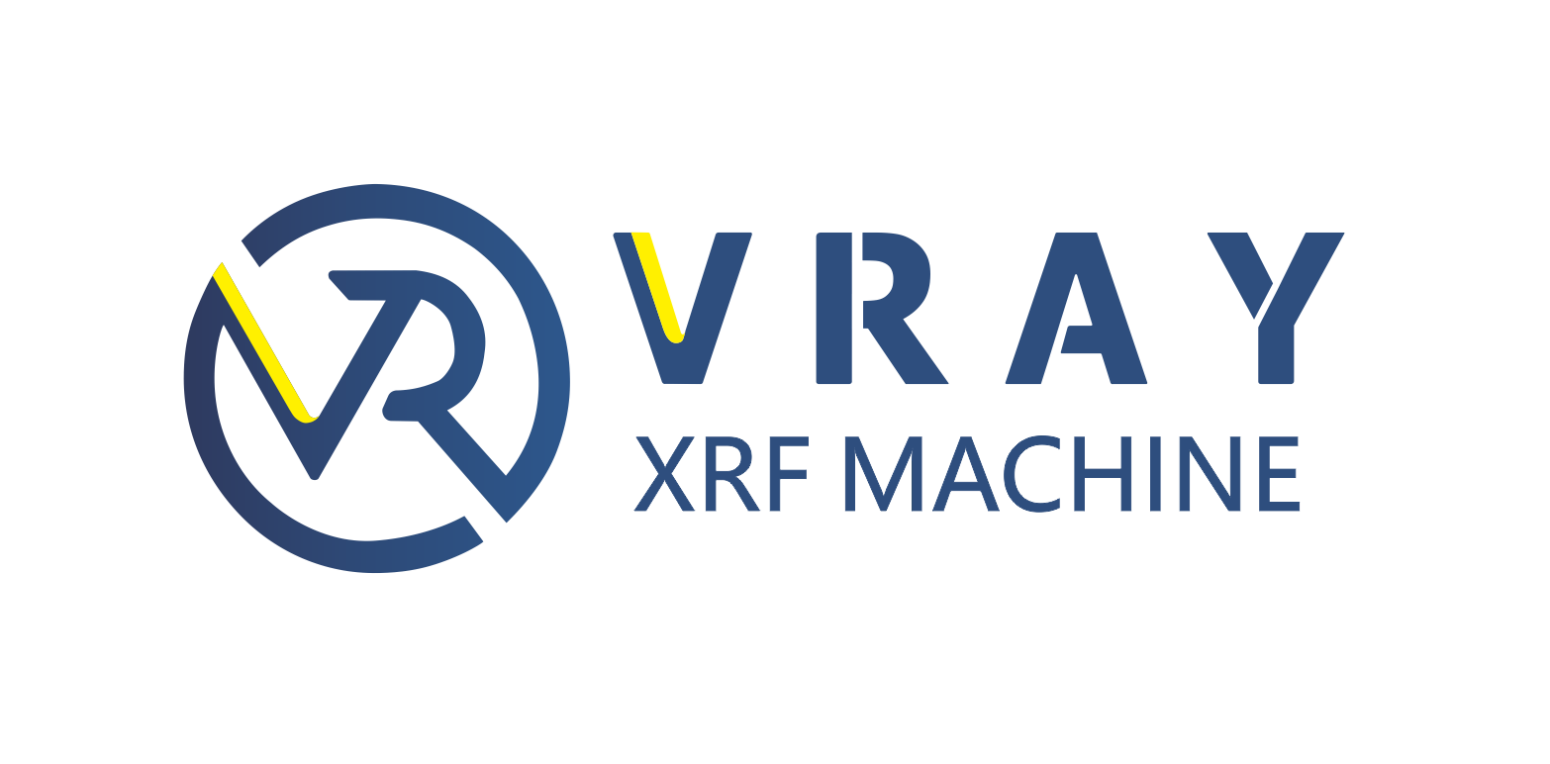What Makes a Good XRF Gold Analyzer? A Comprehensive Guide
In the world of precious metals, precision, speed, and reliability are crucial. X-Ray Fluorescence (XRF) gold analyzers have become indispensable tools for jewelers, metal refiners, and quality control professionals. But with so many options on the market, how do you choose the right one? In this blog, we’ll explore the key features and considerations that define a good XRF gold analyzer, ensuring you make an informed decision.
1. High Precision and Accuracy
Accuracy is non-negotiable when it comes to gold analysis. A good XRF analyzer should provide precise measurements of gold content and detect even trace elements.
What to Look For:
Calibration: Ensure the analyzer is properly calibrated for gold and other precious metals.
Detection Limits: Look for low detection limits to identify minor elements.
Repeatability: Consistent results across multiple tests indicate reliability.
2. Non-Destructive Testing
Preserving the integrity of the sample is essential, especially when dealing with high-value items.
What to Look For:
Non-Destructive Analysis: Verify that the analyzer performs non-destructive testing, keeping samples intact.
3. Speed and Efficiency
In a fast-paced industry, waiting for results can be costly. Speedy analysis enhances productivity.
What to Look For:
Rapid Results: Choose an analyzer that delivers results within seconds.
User-Friendly Interface: An intuitive interface speeds up the testing process.
4. Versatility and Range
A versatile analyzer can handle various materials, making it a more valuable investment.
What to Look For:
Elemental Range: Ensure the analyzer can measure a wide range of elements beyond gold, including silver, platinum, and other alloys.
Application Flexibility: Look for models that cater to different forms of gold, such as jewelry, coins, and raw materials.
5. Portability
For professionals who need to perform on-site analysis, portability is a key factor.
What to Look For:
Handheld Models: Consider portable, handheld analyzers for fieldwork.
Battery Life: Ensure the device has a long battery life for extended use.

6. Built-in Computing Power
Advanced computing capabilities enhance the functionality and ease of use of the analyzer.
What to Look For:
Inbuilt Screen and Computer: Models with integrated screens and computing power, like the VR-T6 XRF analyzer, offer a seamless experience without needing external devices.

7. Data Management and Connectivity
Efficient data handling and connectivity options streamline operations and reporting.
What to Look For:
Data Storage: Ample internal storage or cloud connectivity for data management.
Connectivity Options: USB, Wi-Fi, and Bluetooth for easy data transfer and integration with other systems.
8. Durability and Build Quality
A robust and durable analyzer ensures longevity and reliability, even in demanding environments.
What to Look For:
Build Quality: Choose analyzers made with high-quality materials.
Warranty and Support: Look for devices with a solid warranty and reliable customer support.
9. Cost-Effectiveness
Balancing cost with features and performance is crucial for making a sound investment.
What to Look For:
Value for Money: Assess the features relative to the price.
Long-Term Costs: Consider maintenance, calibration, and potential upgrades.
Choosing a good XRF gold analyzer involves considering various factors such as precision, speed, versatility, and durability. By focusing on these key features, you can select an analyzer that not only meets your immediate needs but also provides long-term value. At [Your Company Name], we are dedicated to offering state-of-the-art XRF solutions that cater to the diverse requirements of our clients. Explore our range of analyzers and find the perfect match for your gold analysis needs today.
Feel free to customize this blog with specific details about your products and services to better align with your company’s offerings and target audience!
 VRAY Instrument Limited
VRAY Instrument Limited